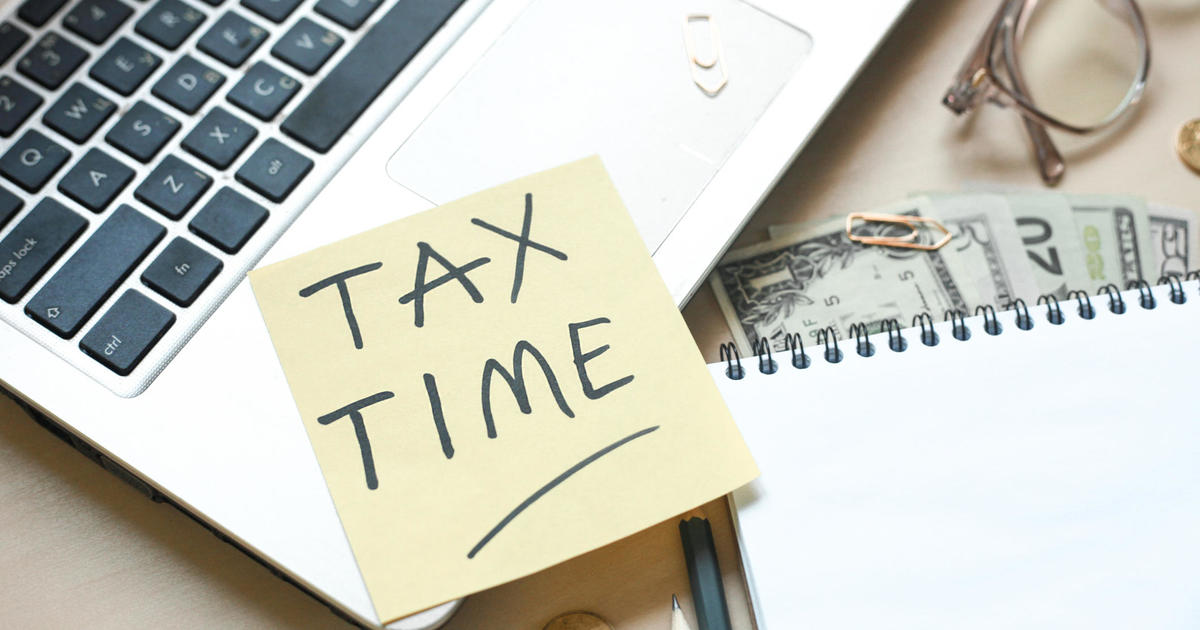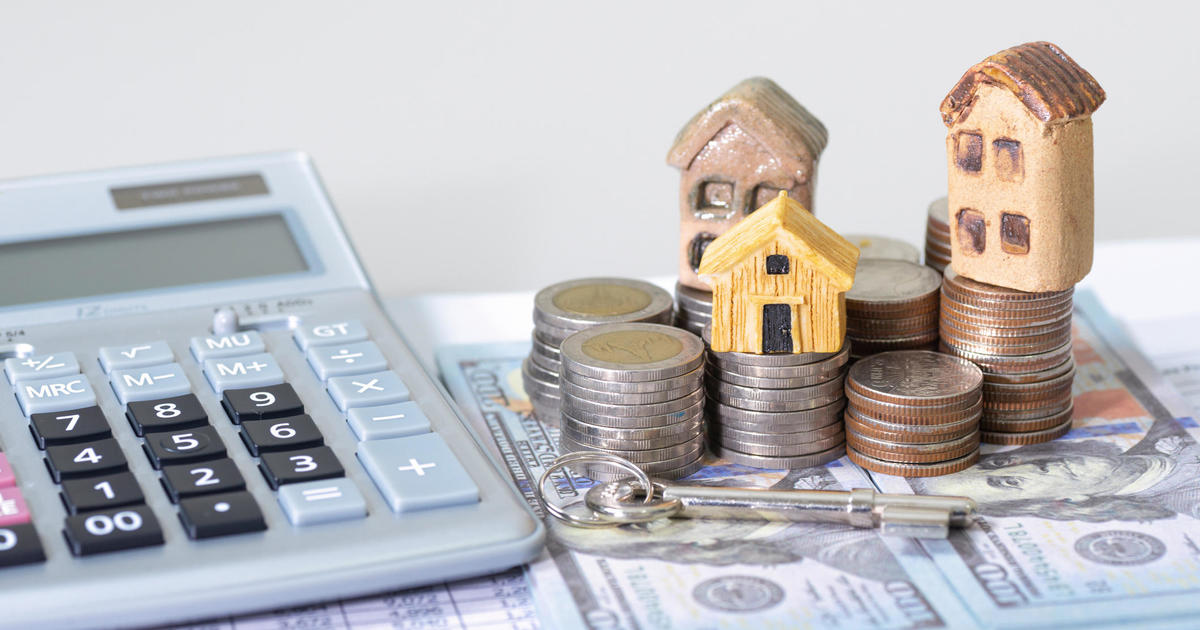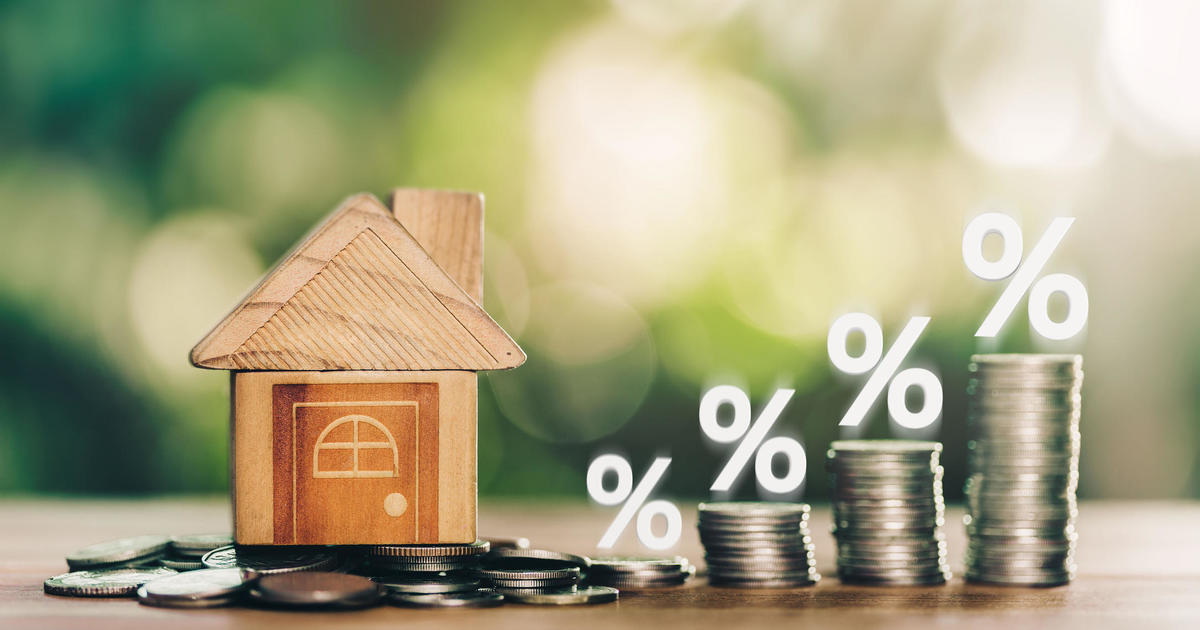GOP tax plan: Best to buy or rent a home?
Thanks to generous tax deductions, it has long been cheaper over the long term to buy a home than to rent. The tax bill winding its way toward a vote in Congress will curb those breaks, but odds are many owners will still be ahead of renters.
Although the legislation caps deductions for property tax at $10,000 per year and lowers the ceiling on the debt level you can deduct interest costs on ($750,000, down from $1 million now), the math shows that owners of average homes won't be worse off, according to Capital Economics, which has crunched the numbers based on details released thus far about the legislation.
The upshot: Under the tax revamp, owning a home over the long run, meaning at least six years, will retain its financial advantages over renting, the research firm concludes. That's despite house prices rising 45 percent over the past five years, versus only 21 percent for renters.
The key factor in the Republican plan that affects the rent-versus-buy calculus is the more lavish standard deduction, which many homeowners prefer instead of itemizing deductions. Under the standard deduction, you can't write off housing-related costs like property levies or mortgage interest. The GOP legislation doubles the standard deduction amount, currently set at $6,350 for single filers and $12,700 for couples.
And even if homeowners itemize, they stand a good chance of coming out ahead of renters under the bill, or at least not falling behind.
Here's the situation under current tax law: Over 10 years, a couple owning a home bought for $250,000, and taking the standard deduction, pays slightly less -- around $2,000 -- than a pair renting an equivalent domicile. The homeowners also benefit from increased equity in their house over time, and presumably an escalating market value.
If the owners itemize with the present tax code, meaning they deduct property tax and mortgage interest, the gap is even more stark -- just over $31,000.
The situation shifts, though, under the Republican tax framework. The trimming of deductions will boost the costs of owning by 30 percent over 10 years, the study projects. That would seem to throw the advantage to renting.
But Capital Economics hypothesizes that the itemizing homeowners' overall tax reduction might offset that. More likely, even more homeowners will opt for the fatter standard deduction, which would put them ahead of renters.
For more expensive homes, the advantage for owners has long been more pronounced. By Capital Economics' calculations, for a $1.5 million house over 10 years under current law, big deductions and the towering rent for an equivalent property bring an even more sizable advantage for homeowners -- a little over $238,000. The tax bill trims that gap a bit, thanks to the deduction limits for homeowners, but it remains wide at around $179,000.
Residential real estate is a key issue that has stirred debate on Capitol Hill. Squabbles over the property tax deduction were intense. For instance, Senator Susan Collins, R-Maine, argued for a more generous mortgage interest deduction ceiling, saying that "this is often the largest deduction" people in her state take.
These proposed changes to the tax code, which Republicans leaders want to deliver to President Donald Trump before Christmas, comes when the US's recovery from the housing bust, which spawned the financial crisis and the Great Recession, has leveled out.
New-home sales reached 685,000 in October. They started 2007 at 1 million and tumbled to around 300,000 by 2011. The delayed recovery, coming after the recession ended in 2009, was due to an oversupply of homes from the boom years, a plethora of foreclosed houses, slow wage growth and the lingering trauma from the housing bust, which made many possible buyers wary.
But renewed economic growth (topping 3 percent for the past two quarters, after years at 2 percent or below) and still-low mortgage rates (3.9 percent for a 30-year mortgage last month, compared to 6.2 percent in November 2007) have brought the housing market out of its torpor.



